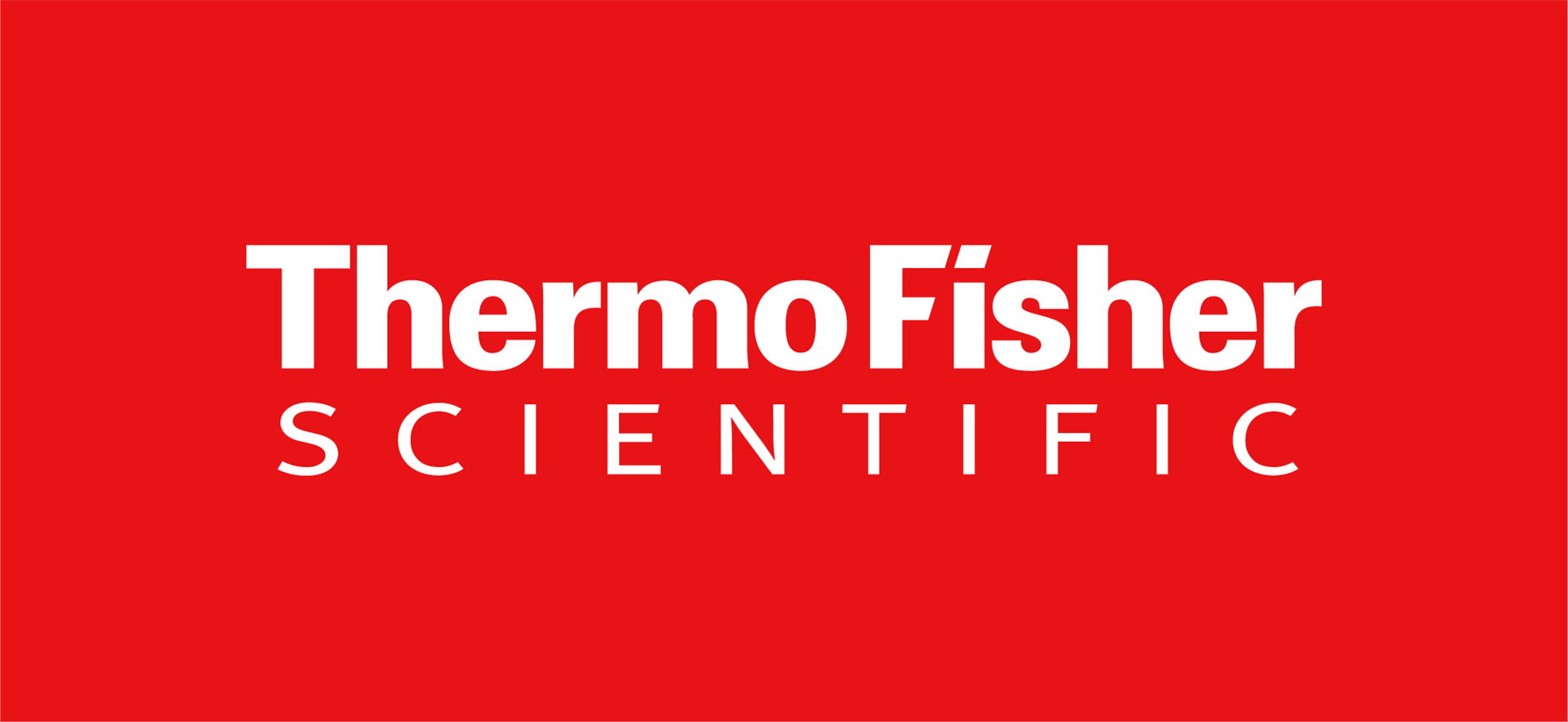| Donald F. Hunt Distinguished Contribution in Proteomics Award This award is fully funded by:
Michael MacCoss has been working with mass spectrometry instrumentation since 1994 when he was an undergraduate in a stable isotope geochemistry lab at the University of Vermont. He became interested in biomedical applications working in Dr. Patrick Griffin’s protein mass spectrometry lab at Merck Research Laboratories during two summer internships in 1995 and 1996. In 2001, he completed a Ph.D. in Analytical Chemistry with Professor Dwight Matthews in the development of stable isotope and mass spectrometry methodologies for the measurement of human amino acid and protein metabolism. After completing his degree, Dr. MacCoss moved to The Scripps Research Institute to work with the proteomics pioneer John R. Yates III as a postdoctoral fellow. During his postdoctoral training, Dr. MacCoss worked on methodology and software for many areas of proteomics, ranging from the improved characterization of post-translational modifications and the quantitative analysis of complex protein mixtures. Dr. MacCoss moved to the University of Washington in 2004 as an Assistant Professor of Genome Sciences and was promoted to Professor in 2014. At the University of Washington, his lab has focused on the development and application of mass spectrometry-based technologies for the high throughput characterization of complex protein mixtures. Realizing that software was a major limitation in proteomics, Dr. MacCoss has established a major software engineering effort within his group at the University of Washington. Their laboratory’s software is noted for its robustness, versatility, support, and user friendliness. Dr. MacCoss and his team continually work to improve their tools, provide documentation, and a community around their software. In 2007 he was the recipient of a Presidential Award for Scientists and Engineers (PECASE). He was selected to receive the Biemann Medal from the American Society for Mass Spectrometry and the 2016 HUPO Award for Discovery in Proteomics Sciences. The MacCoss lab’s research has been at the intersection of biochemistry, instrumentation, engineering, computer science, and statistics. Past Recipients of the Donald F. Hunt Distinguished Contribution in Proteomics Award
|




